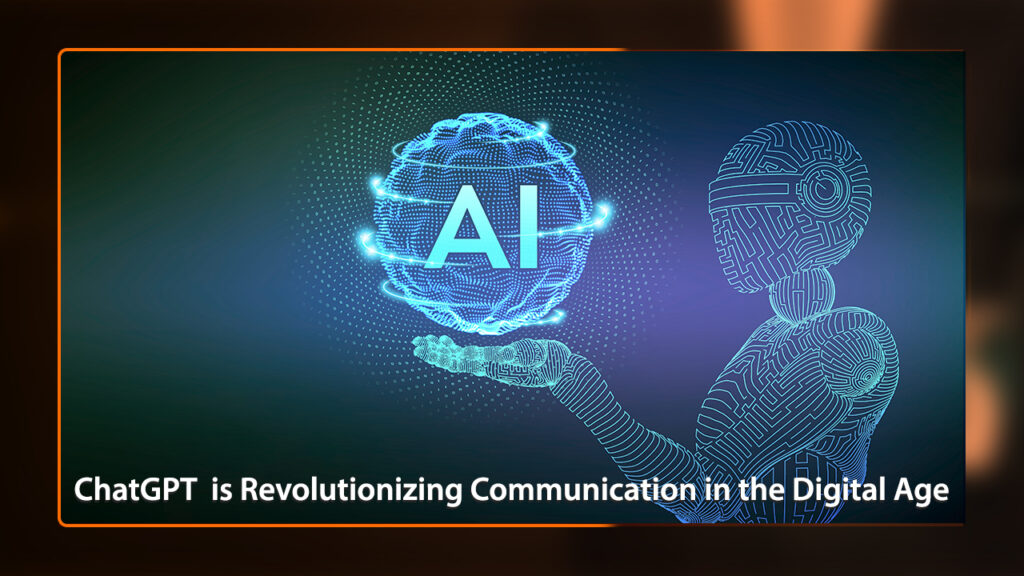Technology is rapidly advancing and causing a digital revolution changing how we communicate, learn, work, and live. Artificial intelligence (AI) is a powerful tool that’s emerged as part of this revolution, and it can potentially transform many aspects of our daily lives. One of the most exciting developments in AI at recent time is ChatGPT. This language model can understand natural language and respond to questions and requests in a way that’s similar to how humans communicate. In this blog, we’ll explore why ChatGPT is becoming increasingly important and how it’s changing how we interact with technology. So, let’s jump in and explore the fascinating world of ChatGPT!
ChatGPT vs Google, who will dominate the future?
Though ChatGPT and Google both serve almost the same purpose, their way of response is very different from each other. You can quickly tell the difference in the way they give solutions to our questions. By asking them the same question, you will get answers in a different format. Whereas Google will fetch relevant information, ChatGPT will give us a more human-like answer because it quickly understands our questions. ChatGPT’s answers are always straightforward, conversational and personalised. At its initial stage, ChatGPT has many limitations and only provides answers textually. But Google gives us solutions in different formats like videos, images, products etc. We can easily rely on Google for data and information. But depending on ChatGPT solely for accurate information will be a mistake. So considering it is tough to assume if ChatGpt will replace Google because ChatGpt is at its initial stage and there are so many changes to come in future. We are comparing these platforms because both are free, but in the near future, we can expect a paid version of ChatGPT, making it inaccessible to many people. So currently it isn’t easy to answer, as the market is changing rapidly.
How will ChatGpt help everyone?
ChatGpt is undoubtedly going to be a game-changer in the digital world. The best Side of ChatGpt is that it can easily handle high-volume tasks. At work, we need to do many repetitive and time-consuming tasks. ChatGpt can help us to improve work accuracy, efficiency and productivity. Not only in the field of content writing but ChatGpt can also help engineers in programming, creating strategies in business, translating language and many more. This generative AI is very creative; with appropriate prompts, it can quickly solve complex problems, write emails and songs, and fix your mood with witty conversation.
Can ChatGpt replace you?
The question is itself very controversial. It is very common to get insecure when we see an AI is helping businesses in so many aspects; we naturally ask if it will replace humans at work. Any organisation would choose ChatGPT or any AI over humans because, with access to a premium version, it will do various jobs like writing, programming and marketing and decrease the expense of a company.
But before you get insecure and ask yourself, will you trust an AI for all your work, from legal advice to data interpretation? An AI makes many mistakes and hardly differentiates fiction from reality. It does not understand emotion and brainstorm like us. It is only best at predicting what you will type as it only understands the meaningful word sequence. From talking with people to writing essential articles in the medical field, organisations need help to trust ChatGPT and rely on it entirely.
Is ChatGpt secure?
Microsoft has always been very proactive in creating security for its users. The people behind the product stated that whatever we share with the AI is private, but they still need to clarify the details used in certain areas. Although the conversations are secure, ChatGPT reserves all rights to store them. So it is advisable not to use sensitive information on ChatGpt. Digital Marketing Companies can create a policy and instruct employees to follow it accordingly. It will encourage employees’ creativity and not be entirely dependent on it.



